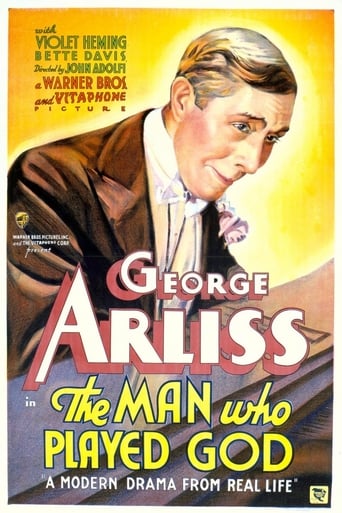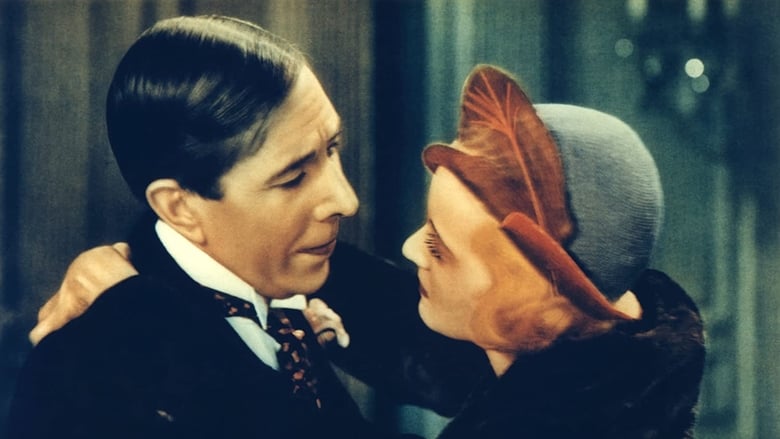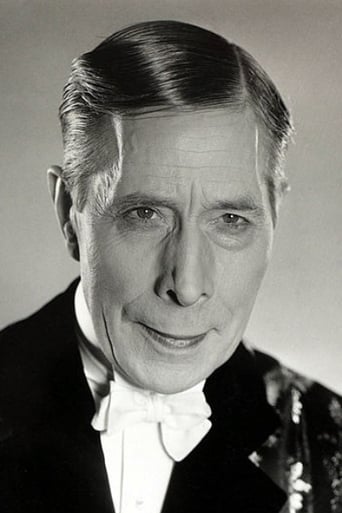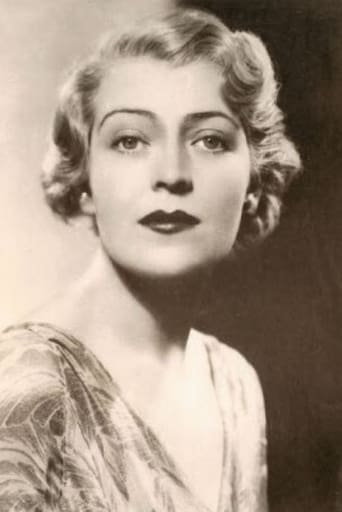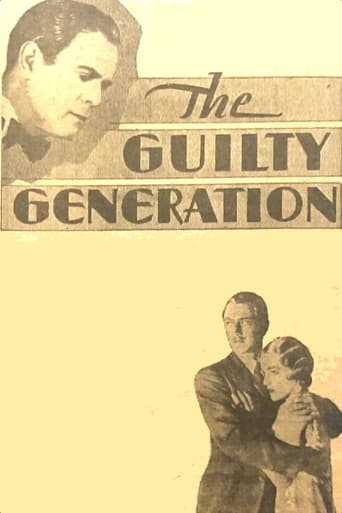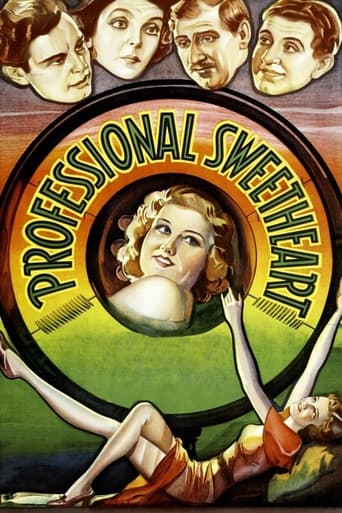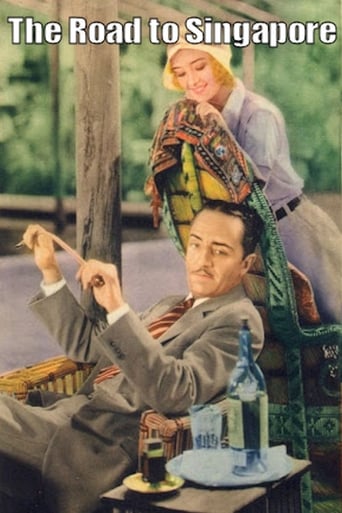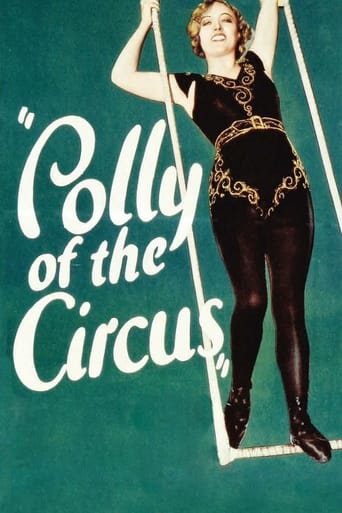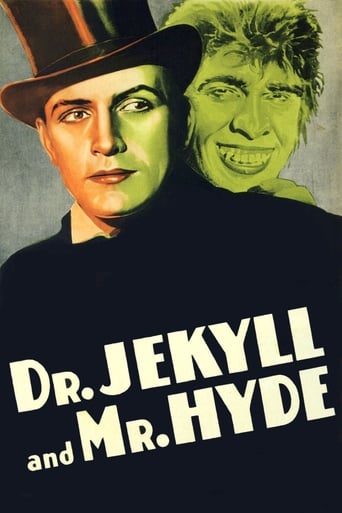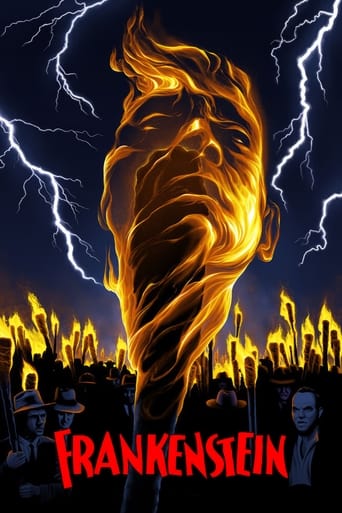The Man Who Played God (1932)
While giving a private performance for a visiting monarch, concert pianist Montgomery Royale is deafened when a bomb is detonated in an attempt to assassinate the foreign ruler. With his career over as a result of his injury, Royale returns to New York City with his sister Florence, close friend Mildred Miller, and considerably younger fiancée Grace Blair. After abandoning thoughts of suicide, Montgomery discovers he can lip read, and he spends his days observing people in Central Park from his apartment window. As he learns of people's problems, he tries to help them anonymously. He becomes absorbed in his game of "playing God" but his actions are without sincerity.
Watch Trailer
Free Trial Channels
Cast


Similar titles
Reviews
I like Black Panther, but I didn't like this movie.
This is a small, humorous movie in some ways, but it has a huge heart. What a nice experience.
One of those movie experiences that is so good it makes you realize you've been grading everything else on a curve.
I didn’t really have many expectations going into the movie (good or bad), but I actually really enjoyed it. I really liked the characters and the banter between them.
This is an unusual little film starring George Arliss as master concert musician Monty Royale whose young pupil Grace (Bette Davis) confesses her love to him. He's of course flattered but unsure of what the coming years will bring considering their age difference. He agrees to marry her if she feels the same in six months. However, near the beginning of the six month period something happens that leaves Monty unable to enjoy his own music - he is left completely deaf from an explosion. He becomes a bitter man who shuts himself away from everyone. He does take some training in learning to read lips so that he can deal with the world in his new condition, and this training leads him to realize that he now has the means to bring happiness to people in a different and more individualized way than he could as a musician. With the aid of some powerful binoculars left behind by Grace, he can read the lips of the people in the park across the street, learn their troubles, and with his large family fortune and influence, save lives or maybe just bring someone some welcome happiness. Soon the joy of living has reentered Monty's life, and he is happy that the six month waiting period is soon to end and Grace will be returning from California - they can be wed. He's people watching at his window when Grace suddenly appears in the park across the street. She sits down with someone and begins to have a conversation. Monty "listens in". What will he discover and how will he react? Watch and find out. In addition to the fine work of George Arliss and Bette Davis, the supporting roles are well played here too. Ivan Simpson is great as Monty's gentleman's gentleman who has no trouble sternly lecturing his master when he needs it, yet is such a formal person that he cannot leave the house -even on an urgent errand - without his hat, and there is even a very small part played by a very young Ray Milland. Highly recommended for fans of early 30's films. It has some precode elements in it, particularly the part where Monty is wrestling with God and his loss of belief, but I would not call it a precode at all.
Tpatbour - In your comment you stated that Bette Davis appeared in "B programmers" such as this before she graduated to "A pictures". She did, indeed, appear in many B films during her early years at Warner Bros. "The Man Who Played God", however, is NOT one of them. It is a George Arliss vehicle and it must be clearly understood that George Arliss did NOT make B films! Any Arliss film is unquestionably a prestigious A production. In the 20's and early 30's George Arliss was one of the biggest stars of stage and screen, not just in America, but in the world. You would do well to understand a bit more about the history of a given subject before you attempt to write about it. As for your opinion that this film is "no masterpiece", there are many who would disagree with you.
THE MAN WHO PLAYED GOD (Warner Brothers, 1932), directed by John G. Adolfi, from a short story by Gouverneur Morris, stars Academy Award winning actor of 1929s DISRAELI, Mr. George Arliss, in a remake to his 1922 silent screen adaptation. Essentially a showcase for the prestigious Arliss in what might have been just another movie assignment to his credit, it's best known as the motion picture responsible for the advancement of Bette Davis in her first important screen role, following her start at Universal in 1931, thus the beginning of her long association at the Warner studio where she would become its major star attraction before the end of the decade.Of the George Arliss films in circulation and video today, THE MAN WHO PLAYED GOD holds up remarkably well mainly due to its theme and timely message that never really grows out of date, overlooking the fact that such a story echoes passages from the Holy Bible ("A man who has never suffered has never lived," "If you kill yourself, you'll suffer ten thousand times more" or the age old question, "If God is so merciful, how could he allow this to happen to me?") preached during Sunday services. The title has nothing to do with a actor starring in a religious play, but in fact, about a man whose life becomes an "empty shell" only to change from being a troubled soul after losing his hearing to forgetting his bitterness by helping others. While much of the Arliss movies produced at Warners during the early 1930s were extremely popular, most consist of too much dialog and lack of motion to stir up interest. THE MAN WHO PLAYED GOD is one of those few that doesn't fall into that category thanks to its fine direction, screenplay and supporting players.The story opens in Paris where 50-year-old Montgomery Royal (George Arliss), a concert pianist, engaged to his protégé, Grace Blaine (Bette Davis), a girl more than half his age, agrees to give a private backstage recital for a monarch. During a performance, an anarchist, intending to assassinate the King (Andre Luguet), explodes a bomb. While everyone has escaped injury, Monty becomes stone deaf. Monte returns to his New York City apartment where he finds it difficult to adjust to his world of silence. He becomes bitter, hating God to a point of canceling his order for an organ he was going to donate to a church in memory of his deaf and religious mother, Margaret Ruth Royal. Without the ability to hear what's precious to him, his music, and becomes an embittered recluse. Coming to the point of suicide by nearly jumping from the window, his loyal butler Battle (Ivan Simpson) saves him in time from eternal suffering by offering him something to occupy his time. Having been taught lip reading, he takes binoculars to spy on people across the street in Central Park, reads their lips, learning of their troubles, and becoming a sort of guardian angel in helping those in desperate need without revealing himself. Finding he now has a purpose in life, he must face another greater challenge involving the loyalty of young Grace.The supporting cast consists Donald Cook as Harold Van Adam; Louise Closser Hale as Monty's sister, Florence; Oscar Apfel as the Lip Reading Teacher; Paul Porcasi as the Concert Manager; with Hedda Hopper, Murray Kinnell and the unbilled Ray Milland. Of the supporting players, second billed Violet Heming appears to be the least familiar, yet in a role that nearly surpasses the one given by Bette Davis. Her sophisticated mannerisms come close to that of the better known Verree Teasdale, as a widow who secretly loves Monty, in spite of his engagement to another. The Bette Davis trademark is not too much evident at this point, in fact, having the make-up department giving Davis the Constance Bennett manner. Davis would be paired with Arliss one more time in the rarely seen comedy, THE WORKING MAN (1933).In the midst of horror melodramas, gangsters and pre-code sex dramas playing in theaters at the height of the great depression, THE MAN WHO PLAYED GOD comes as a sort of inspirational drama that offers hope to those who have given up on life, with the moral of the story being, "The Lord works in mysterious ways." Remade by Warners as SINCERELY YOURS (1955) with TV personality Liberace in the role originated by Arliss, whose piano playing served him better than his acting, the latest screen adaptation, that should have improved over the old, didn't, making this 1932 version the one worth viewing. THE MAN WHO PLAYED GOD, which has never been distributed to video cassette or DVD, can be seen on Turner Classic Movies. (***)
An aging & celebrated concert pianist completely loses his hearing, and with it his faith in The Almighty. After learning to lip read, he realizes he can once again enter into people's lives, alleviating the misfortunes of total strangers. With this much power to do good, he becomes THE MAN WHO PLAYED GOD.Although sadly neglected today, George Arliss was one of the very greatest of film actors of the 1930's. His art was consummate - a whole volume of emotion could be conveyed by the slightest movement of face or posture. He gives a wonderful performance here as a man torn from what he loves the most, blaming God for it and eventually finding peace.A splendid actress of the same period, Louise Closser Hale gives quiet dignity to the role of Arliss' sister. As his protégé, young Bette Davis does a fine job; she always considered this to be her first film role of substance. Ivan F. Simpson is excellent as a very loyal butler. Hedda Hopper has a tiny role as a woman at a picnic & look for an uncredited Ray Milland as a young man in Central Park attempting suicide.

